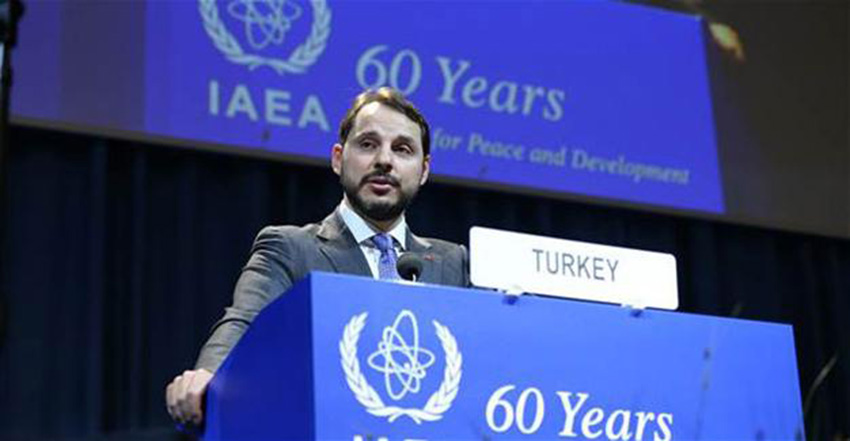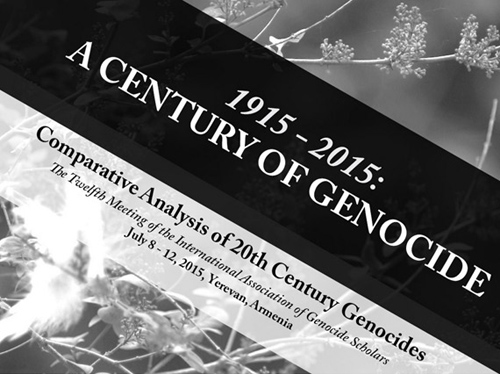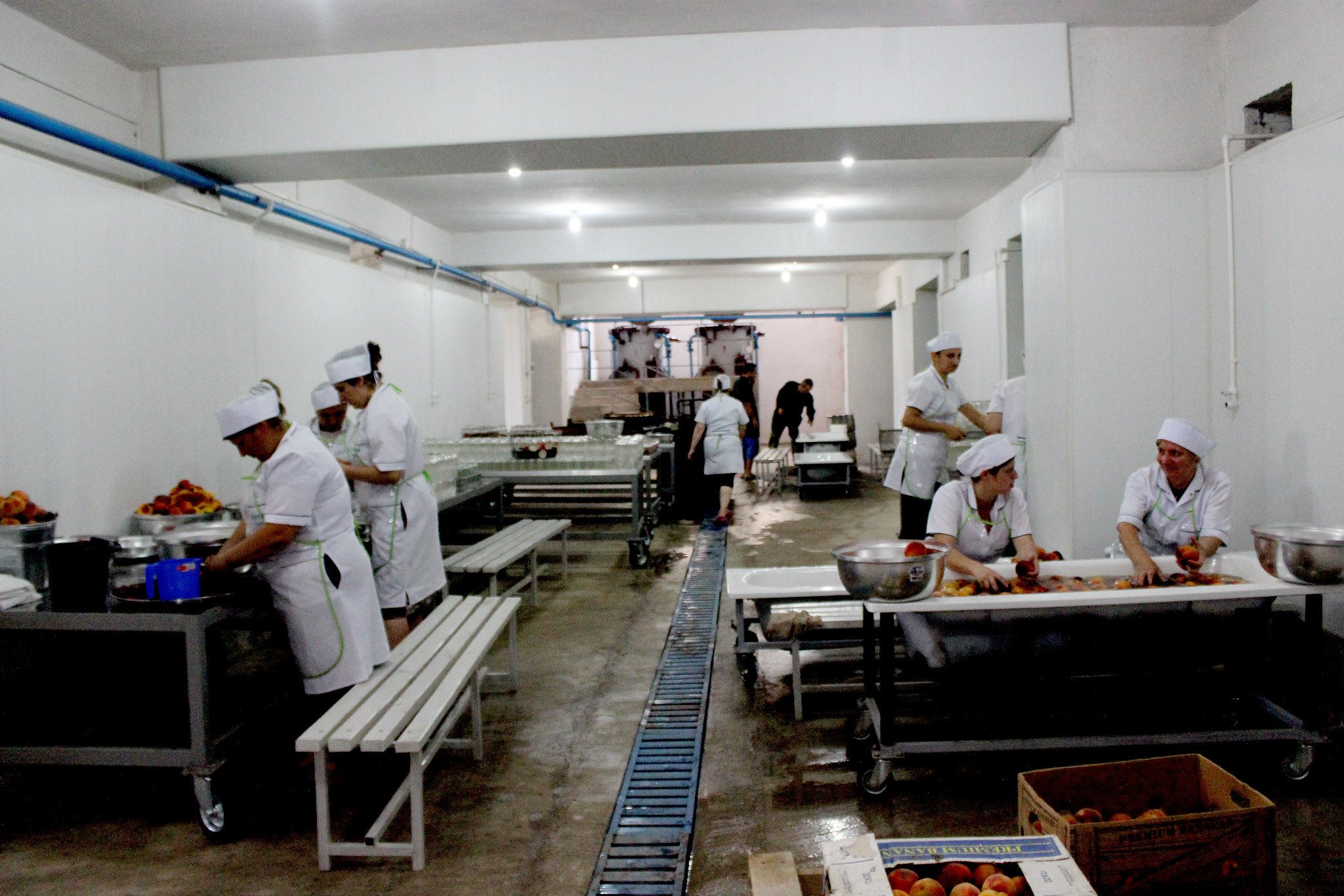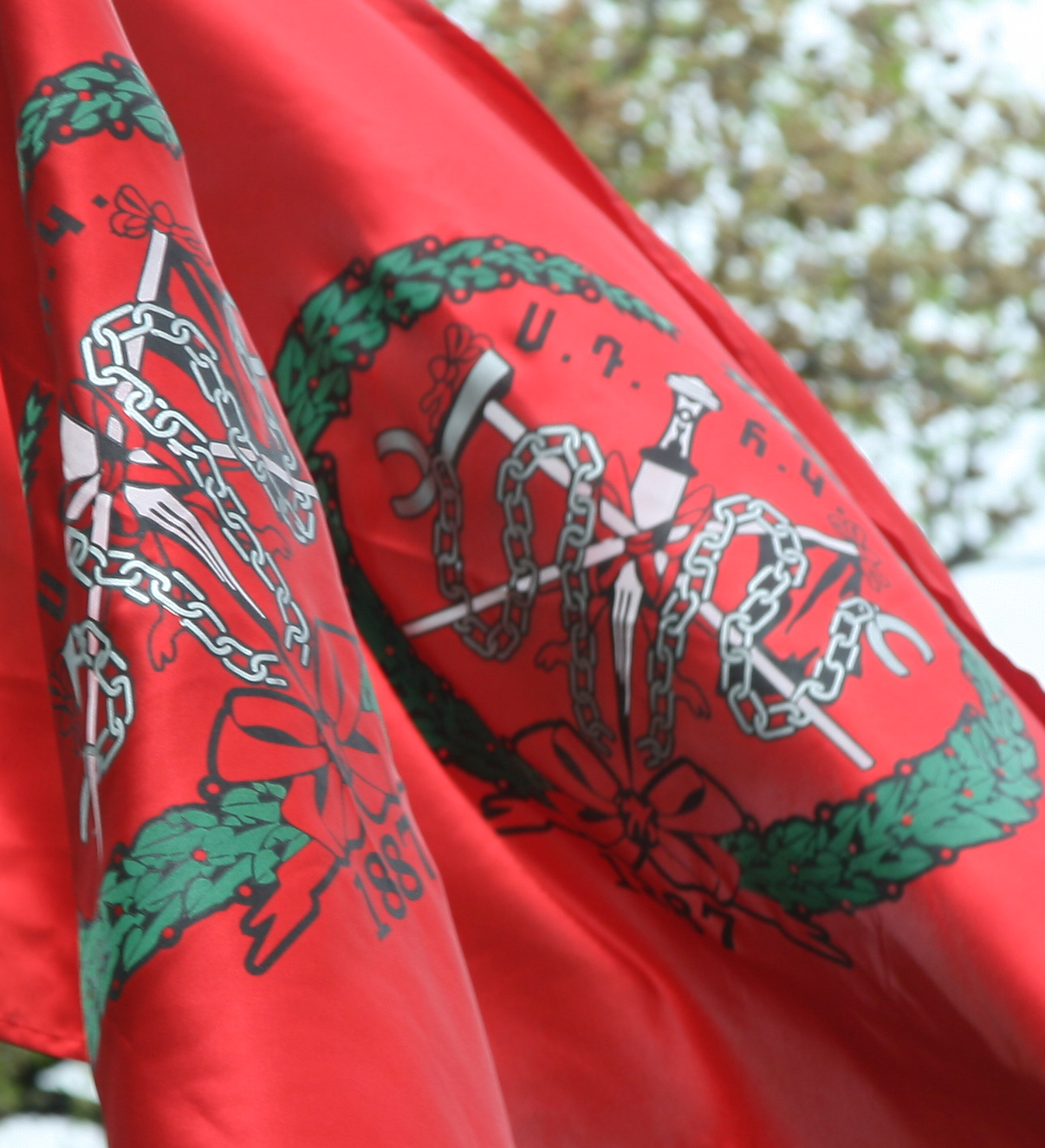Op-Ed by Lara Tcholakian
I was privileged to be a participant at the “After Genocide Conference – From Trauma to Rebirth: A Gendered Perspective” organized by the Women in War Organization in collaboration with the Armenian General Benevolent Union (AGBU).
As a PhD student, I was lucky to be in Yerevan at the time of the conference, which symbolically preceded the celebrations and commemorations of Armenia’s 25th Independence as a Republic.
As a third generation descendant of the Armenian genocide, my research focuses on the effects of the transmission of collective trauma on leadership development and leadership management. Given the context of my research, this conference and its remarkable program gave us access to many aspects of trauma, gender, genocide and post-genocide. We witnessed the unfolding of generational narratives and intimately became a part of an awakening.
Invited speakers ranged from various nationalities and cultures, and incorporated topics of – but not limited to – Bosnia, Cambodia, Guatemala, Rwanda, Jewish and Armenian Genocides.
In almost every speech, there seemed to be an inevitable traumatic experience unfolding for not just women, but children and grandchildren. It was evident that trauma descendants must deal with the traumas of their parents and grandparents, and sometimes even represent it.
A person’s identity is shaped by the history, culture and religion to which s/he feels related. If a collective group has undergone a trauma such as genocide, then the consequences and effects of such collective trauma will be transmitted to here and now.
Man-made traumas on collective groups not only directly impact the survivor, but also has indirect psychological consequences in subsequent generations. The latter generations are born with the burden to understand what has happened before they were born, and to find meaning in their lives. Research demonstrates that there are biological, psychological and moral after-effects of trauma. A serious topic such as trauma or post-genocide calls for input from psychoanalysts and psychologists.
For those investigating transgenerational narratives and effects of post-genocide, it would have been important to bring psychological and psychoanalytical components to the table of this conference.
Regardless, there was a wide range of anthropologists, sociologist, historians, and expert speakers who helped reveal and validate how conscious and unconscious communication between survivors to descendants carry these legacies of transmissions, and what shapes human resilience can take.
The “After Genocide” conference was designed to allow the participant to closely experience and feel their own transgenerational stories, helping them come into awareness with their identity and collective memory. Discussion periods were allocated for participants to express their reactions to disturbing narratives and to facilitate a deeper integration of the material.
Focusing on the collective trauma, narrative and transmitted memory, most speakers spoke not only to my research, but to my heart. No matter how far you are physically, all traumas and all genocides should always hit close to home.
The role of such conferences is not simply to share knowledge, but to share stories so that our conscious and our hearts will speak out at times of need and to spread the word that hatred, violence and trauma do no good to anyone, especially our children and grandchildren who will bear the effects of trauma.
Kundera once stated, “The first step in liquidating a people, is to erase its memory. Destroy its books, its culture, its history. Then have somebody new write new books, manufacture a new culture, invent a new history. Before long the nation will begin to forget what it is and what it was. The world around it will forget even faster.”
To address this, Beata Mairess Umumbyeyi, a Rwandan novelist, exquisitely stated during her speech during the conference: “we must continue to write and speak, so that history is NOT forgotten, or erased.”
“After Genocide – From Trauma to Rebirth: a Gendered Perspective”, was a conference with a special purpose: to shed light on an extremely important and disturbingly current topic. It helped us learn from each other’s experiences and inject us with the motivation to continue to protect human rights and struggle towards a healthier development of our children










